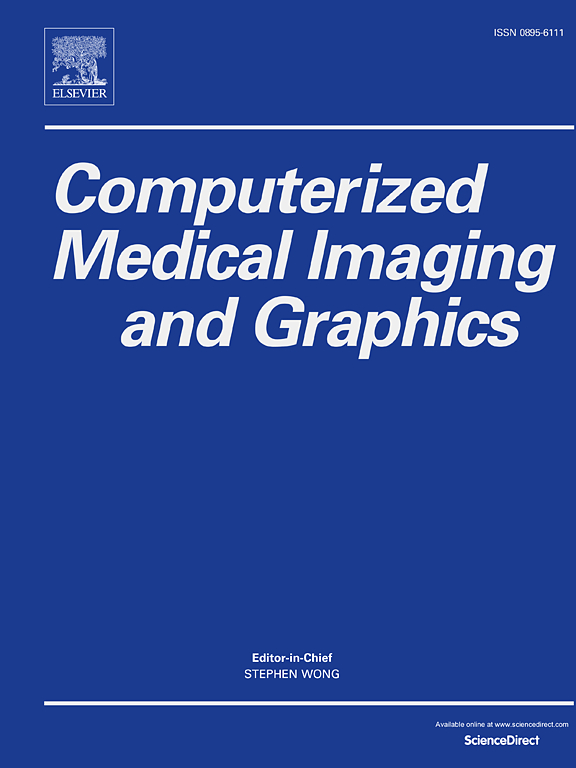Economical hybrid novelty detection leveraging global aleatoric semantic uncertainty for enhanced MRI-based ACL tear diagnosis
Abstract
This study presents an innovative hybrid deep learning (DL) framework that reformulates the sagittal MRI-based anterior cruciate ligament (ACL) tear classification task as a novelty detection problem to tackle class imbalance. We introduce a highly discriminative novelty score, which leverages the aleatoric semantic uncertainty as this is modeled in the class scores outputted by the YOLOv5-nano object detection (OD) model. To account for tissue continuity, we propose using the global scores (probability vector) when the model is applied to the entire sagittal sequence. The second module of the proposed pipeline constitutes the MINIROCKET timeseries classification model for determining whether a knee has an ACL tear. To better evaluate the generalization capabilities of our approach, we also carry out cross-database testing involving two public databases (KneeMRI and MRNet) and a validation-only database from University General Hospital of Larissa, Greece. Our method consistently outperformed (p-value<0.05) the state-of-the-art (SOTA) approaches on the KneeMRI dataset and achieved better accuracy and sensitivity on the MRNet dataset. It also generalized remarkably good, especially when the model had been trained on KneeMRI. The presented framework generated at least 2.1 times less carbon emissions and consumed at least 2.6 times less energy, when compared with SOTA. The integration of aleatoric semantic uncertainty-based scores into a novelty detection framework, when combined with the use of lightweight OD and timeseries classification models, have the potential to revolutionize the MRI-based injury detection by setting a new precedent in diagnostic precision, speed and environmental sustainability. Our resource-efficient framework offers potential for widespread application.

 求助内容:
求助内容: 应助结果提醒方式:
应助结果提醒方式:


